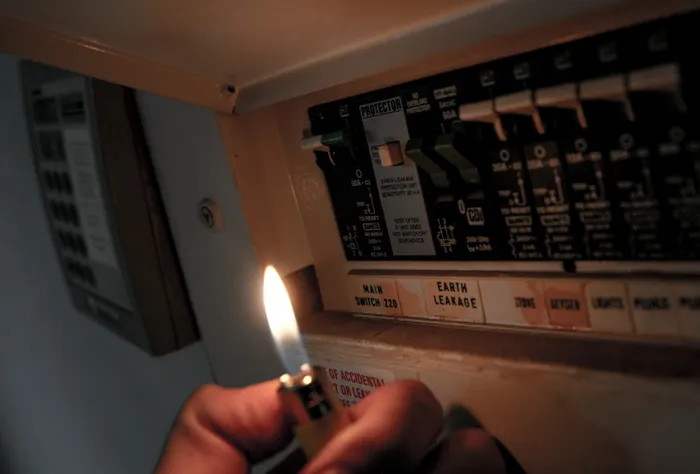South Africa can rejoice as we hit almost 200 days without load shedding

Today marks a significant milestone in South Africa’s energy crisis and Eskom’s plans to end load shedding. File Picture: Independent Newspapers
Today marks a significant milestone for South Africans who have been plagued by the electricity crisis and the ensuing load shedding that had become part and parcel of our daily lives.
October 11, 2024 marks 199 days that the country has been without load shedding.
This is the third-longest period without load shedding in recent memory, according to EskomSePush who broke down the periods were South Africa had “long bouts of uninterrupted energy connectivity”.
The longest period was between September 14, 2015 and June 13, 2018, when we had 1,003 days without load shedding.
The next streak was between March 23, 2019 and October 15, 2019, when we had 206 days without load shedding.

Energy Availability Factor
Eskom noted that in July, the country had an average Energy Availability Factor (EAF) of 70% for an entire week. This was the highest EAF since 2020.
The EAF so far for this year has averaged 59.7%, up from 54.6% in the same week last year, according to the utility.
Last week, the EAF averaged 61% over the past week and 63.2% year-to-date.
The top-performing stations such as Kusile, Majuba, Camden, and the peaking stations maintained an EAF above 70%,” according to the utility.
Burning diesel to keep the lights on
Last week, the state utility admitted that it had to use diesel-fuelled auxiliary turbines to keep the power on.
Eskom used the diesel turbines to help units after 2,685 megawatts of capacity failed to return to service on September 23, 2024.
Eskom has been plagued in recent months by plant outages which have led to extensive usage and more pressure on the national grid, and as a result, have had to rely on open-cycle gas turbines.
The recent cold snaps over the country have also played a role.
“Additionally, higher-than-expected electricity demand driven by cold weather had contributed to this situation,” Eskom said.
IOL BUSINESS